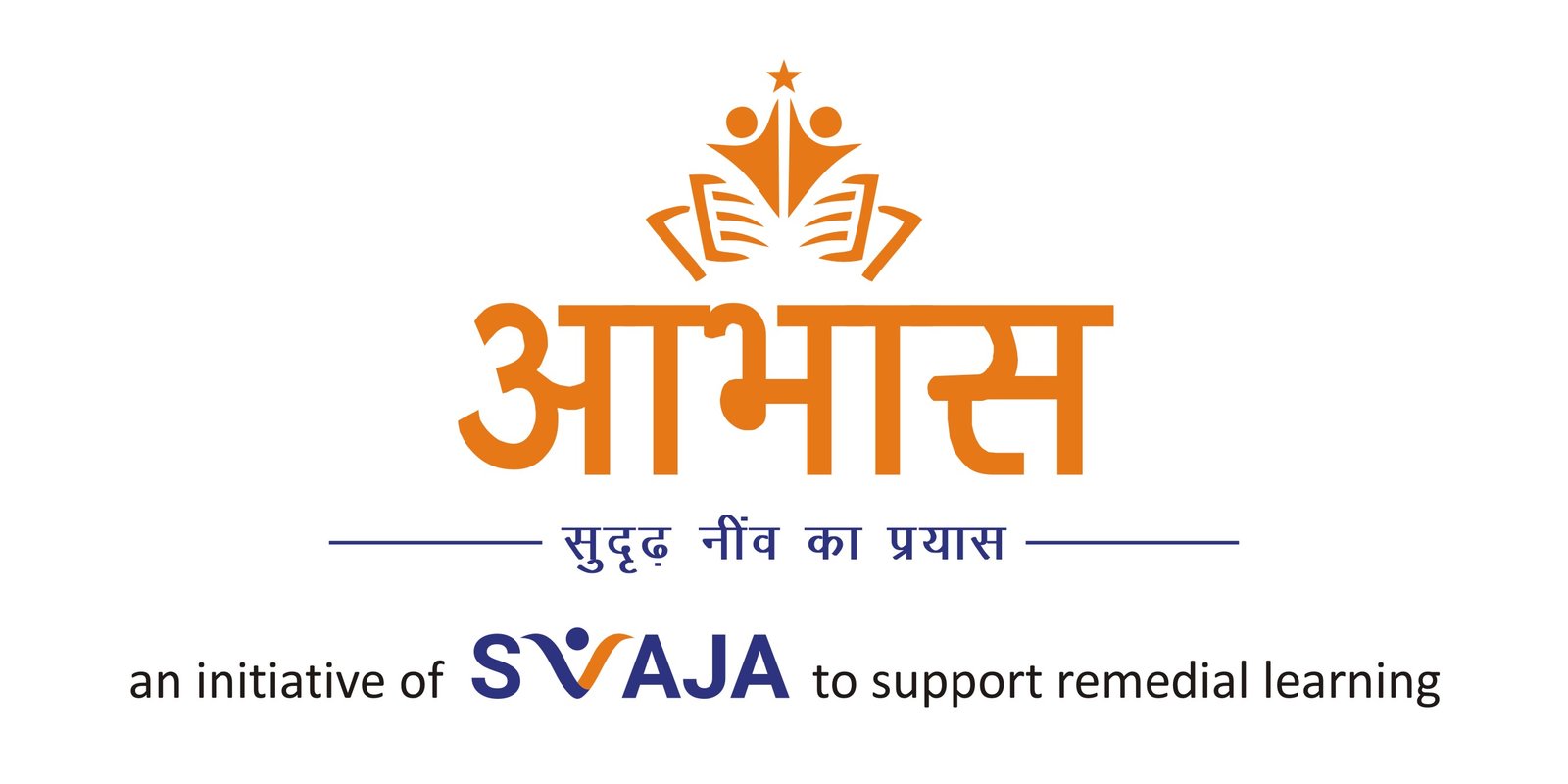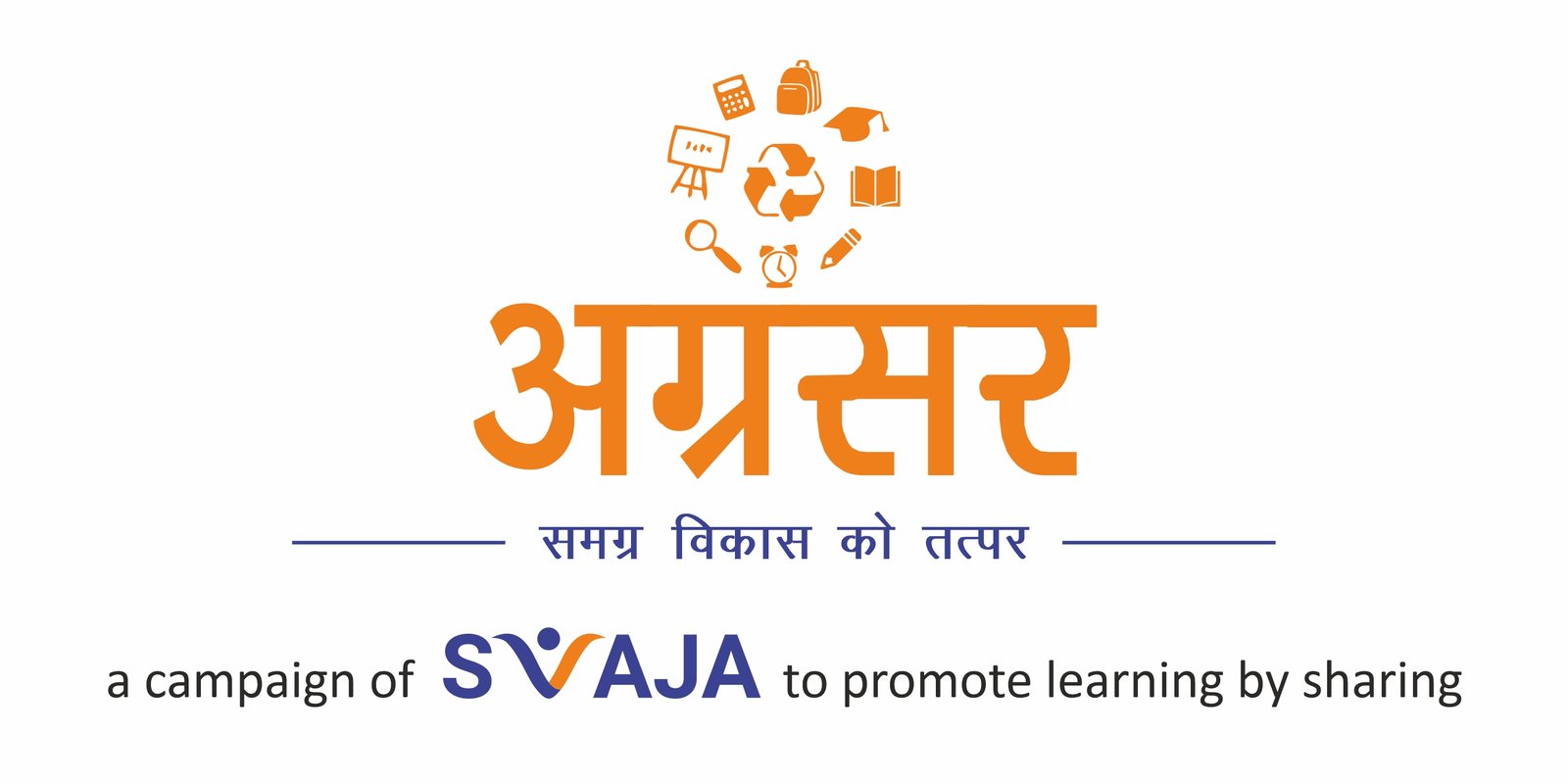
“Education is the most powerful weapon, which you can use to change the world“.
While India’s New Education Policy (NEP) aims at achieving 100% Gross Enrolment Rate (GER) at the school level by 2030, the NER across school education in 2020-21 was 92.7%, 74.1, 52.5, 34.7 in primary, upper primary, secondary, and higher secondary, respectively. Not only is access low, but even among those enrolled, transition from secondary to higher secondary grades has also been found to be low. The average dropout rate at secondary school level is 12.6% nationally, and in many of the states this is even three times the national average. According to a survey of UNICEF, 33% of girls drop out of school due to domestic work.
Education is the most powerful weapon, can use to change the world and for self-enlightenment. Education equips one with capability to lead the life in a way he or she wants. It helps individual to interact within selves and the world around, in correct way and in real life scenario. It is the great factor which defines quality of life of an individual. Quality education is ensured by the following factors:
• Healthy and well-nourished learners, who are ready to participate and learn.
• Encouraging and inspiring family, community, and surroundings.
• Supportive learning environment, which is safe, gender sensitive, inclusive, resource full of all required facilities.
• Relevant content and material, which is needed for acquisition of basic skills and knowledge.
• Process of teaching and learning, well trained teacher, child centric teaching approaches and skilful assessment.
• Outcome that encompasses knowledge , skill and attitude should be mapped with nation building.
With this thought for access to quality education, Svaja designs and develops customized programs for underserved and needy children from rural and urban community. Svaja facilitates the process to ensure improved quality of education through various school based, ICDS centre based and community-based interventions.

The development of Foundational Literacy and Numeracy (FLN) is crucial in shaping a child’s educational journey. FLN underscores the significance of ensuring that children acquire essential literacy (reading and writing) and numeracy (mathematics) skills during the initial stages of their education. These fundamental abilities are vital as they facilitate the overall cognitive development of a child and establish the groundwork for advanced learning in subsequent years. Moreover, these skills contribute to the enhancement of socio-emotional development, fostering improved communication, empathy, and self-confidence.
It is widely recognized that children who lag behind in fundamental skills seldom manage to catch up, which adversely affects their learning trajectory. These individuals may encounter difficulties in effectively participating in the workforce and engaging in civic activities as they mature. Insufficient foundational skills may lead to challenges in various aspects of life. To address these concerns, Svaja Foundation aims to fortify foundational literacy among underprivileged and underserved children through the following objectives:
• Bridging the gap of basic learning and writing among the children who are not able to match the criteria of "NIPUN BHARAT MISSION".
• Enhancing habit of self-knowledge acquisition by inculcating the habit of books reading through child-friendly libraries, used book fairs, and organizing various activities and competitions
By strengthening foundational literacy, Svaja Foundation endeavors to lay the groundwork for a future where every student can unleash their full potential and thrive in an ever-evolving world. The foundation collaborates with children from government and community-based schools to enhance their foundational skills.

Children who are enrolled in educational institutions but lack the financial resources to acquire fundamental stationery items, such as notebooks, pencils, erasers, crayons, school bags, pens, and rulers, often encounter a feeling of exclusion. Access to these supplies not only cultivates a sense of ownership and pride in their education but also fosters a heightened commitment to learning. Conversely, numerous well-resourced schools dispose of unused stationery and teaching aids on an annual basis. This existing reality highlights a distinct dichotomy: a portion of the population lacks essential educational supplies, while another segment discards them regularly. To address this disparity and promote learning among all children, the Svaja Foundation has launched a Reusable Learning Material Support Center specifically for underprivileged and underserved children. The central goal of this initiative is to ensure equitable access to educational resources and stationery, with the overarching vision of promoting resource reuse and fostering learning opportunities for all children.
• Bridging the gap of access to learning material for underprivileged children by creating the center of reusable learning materials
• Providing a platform for school/institutions, manufacturers, and printers to share their used learning or discarded learning materials which can be modified for reuse for the children who are in dire needs
Quality educational materials play a crucial role in providing comprehensive support to educators and students, thereby enhancing the learning process. This initiative aims to serve as a crucial link between disadvantaged and underserved students, and well-resourced educational institutions, as well as manufacturers and suppliers of educational materials.

Students from low-income backgrounds face inherent disadvantages that impede their academic success. Challenging home environments, under-resourced schools, limited exposure, and the absence of mentors leave them at a distinct disadvantage in various aspects of life. Low-income families often confront a profound crisis between providing care for their children and the imperative need to earn an income to support them. Despite parental commitment to education, many families find themselves unable to surmount the associated financial burdens and adversities, leading to an unfortunate cycle of underachievement, dropout, and poor academic performance among children from low-income backgrounds.
In response to this pressing issue, Svaja aims to mitigate these challenges and provide opportunities to children from low-income and underprivileged families by establishing a "Student Support and Guidance Center." This initiative seeks to achieve the following objectives:
• Creating child guidance and support center in resource-crunch schools to facilitate counseling and guidance for children and develop a better understanding of growing age changes and challenges.
• Fostering habit of self-knowledge acquisition by use of technology, buddy learning concept, the inculcating habit of books reading and organizing various activities and competitions to channel their energy in the right direction.
Guidance and counseling serve the purpose of deterring children from engaging in negative behaviors while assisting them in making the right life choices to achieve future success. Aligned with educational objectives, the provision of guidance and support aims to foster the holistic personal development of children, ensuring their happiness, health, productivity, and contribution to society. The "Student Support and Guidance Center" endeavors to establish an environment that enables underprivileged children and adolescents to openly discuss their concerns and issues with knowledgeable individuals who can guide and support them to reach their full potential.
